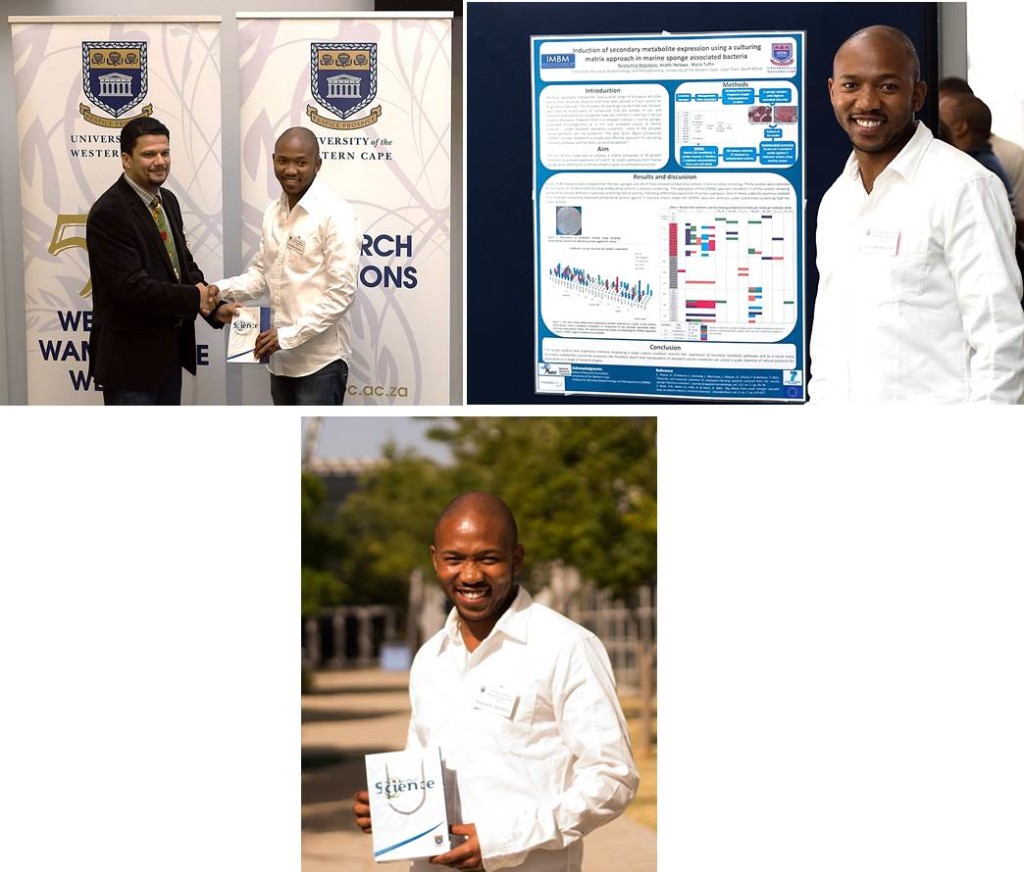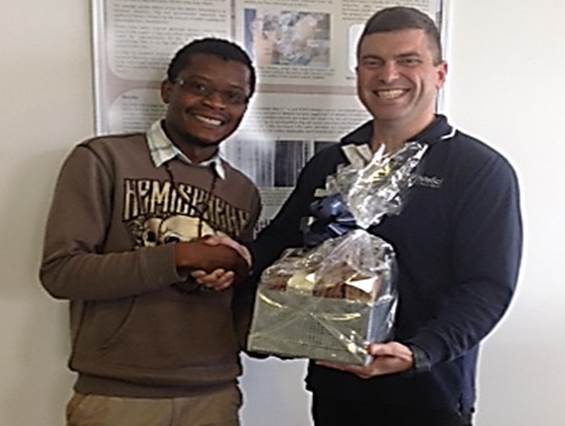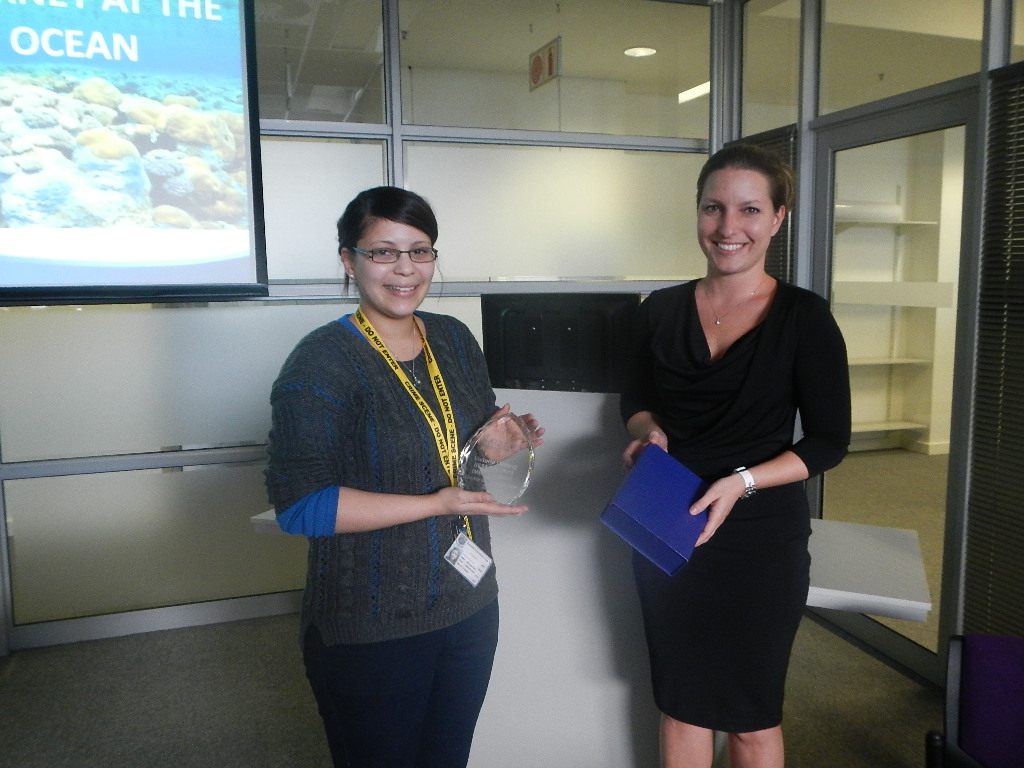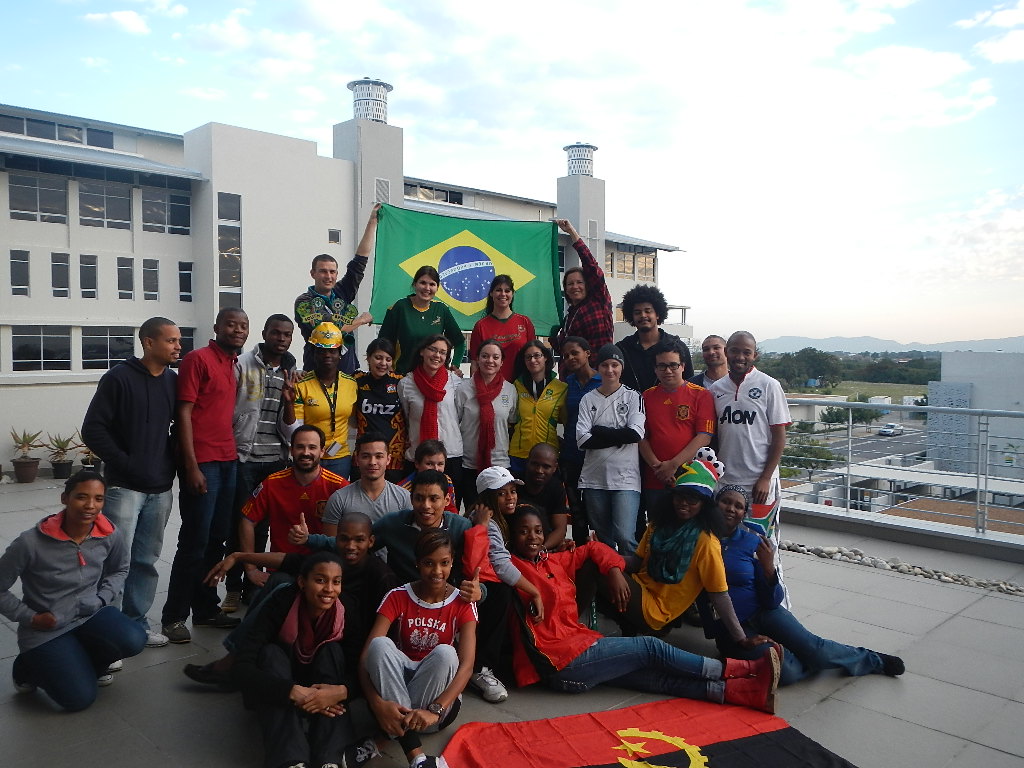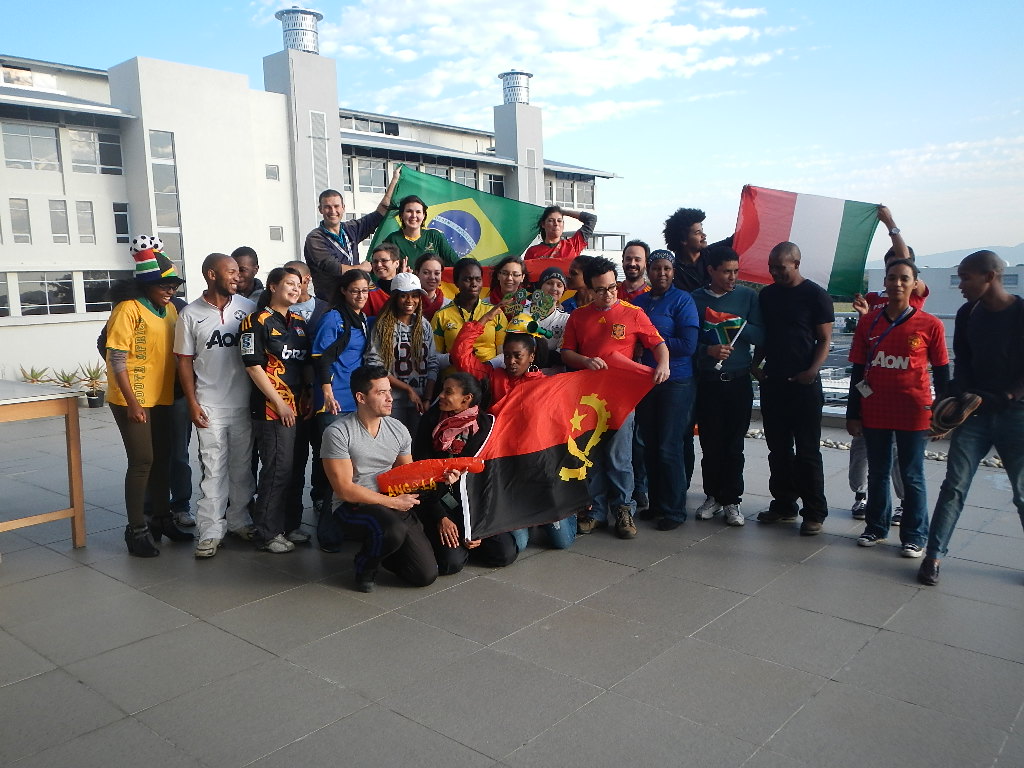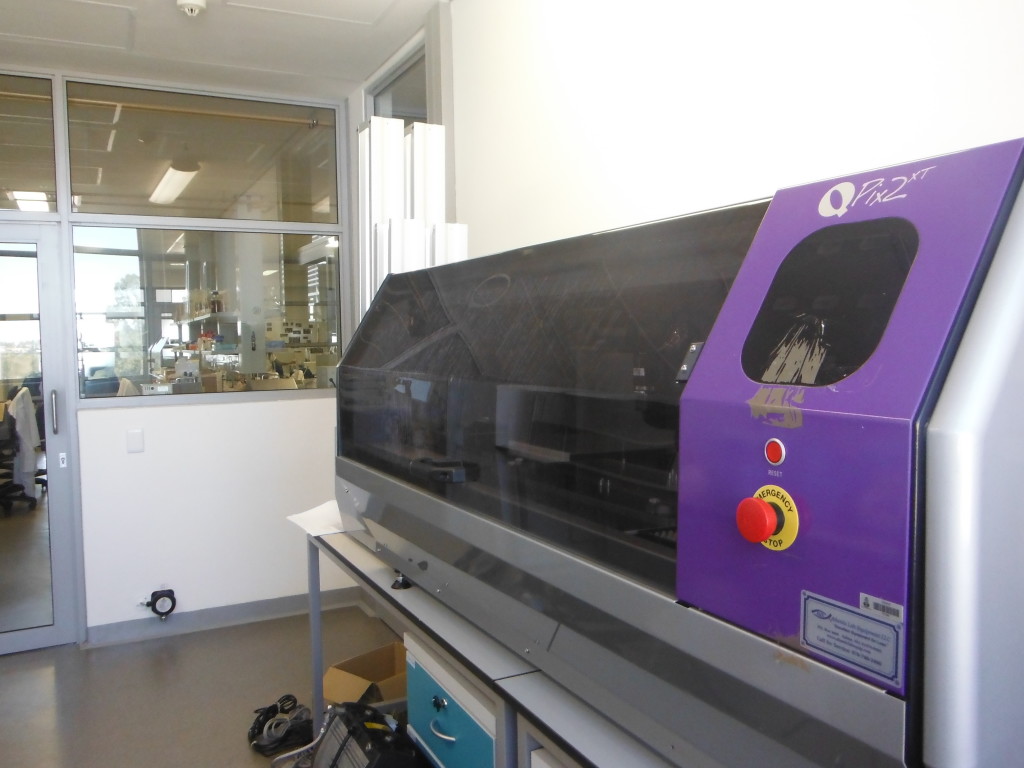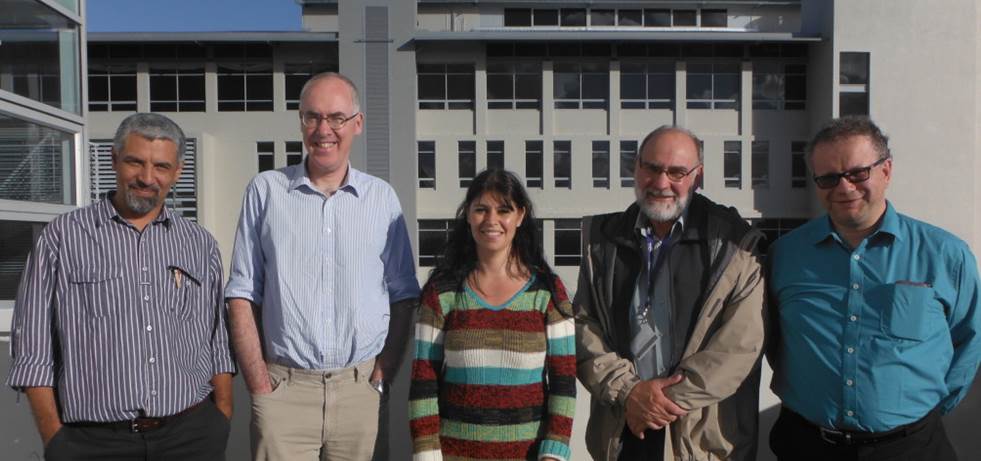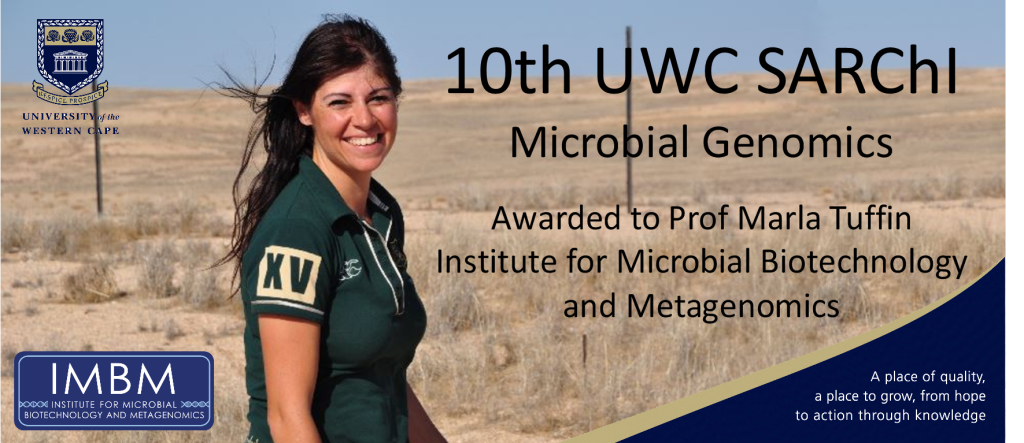The South African Society for Microbiologist (SASM) held their biannual conference this year in Bela Bela, Limpopo, hosted by the University of Witwatersrand. IMBM joined the rest of the South African microbiology community for three days of presentations and posters on the latest developments in South African microbiology.
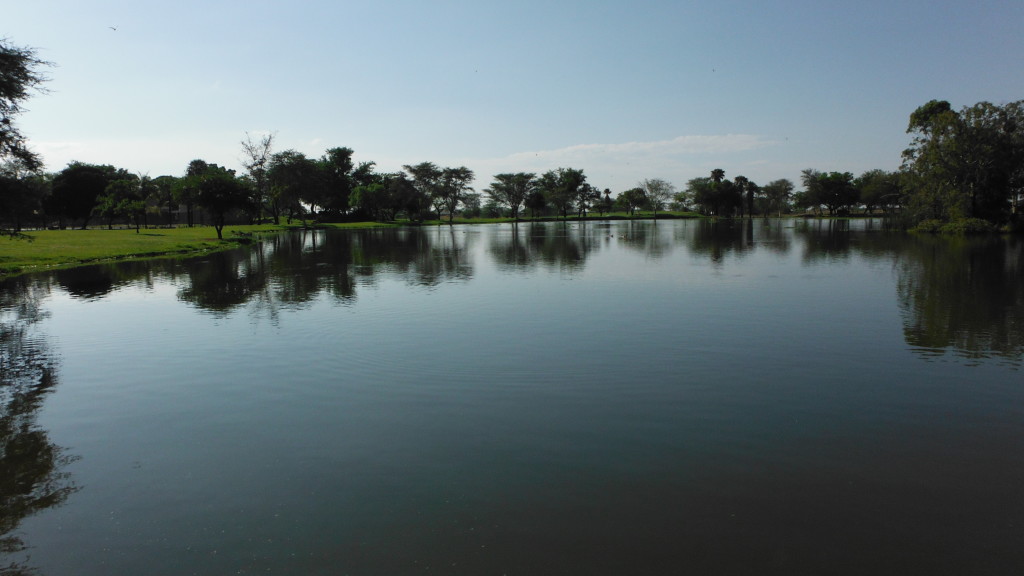
Representing IMBM were Lonnie van Zyl, Tanya Nyman, Lucas Black and Brent Fortune who presented talks. William Mavengere, Reyghana Hoosen, Walter Novendo, Wesley Williams and Zimasa Sithole were also in attendance presenting posters.
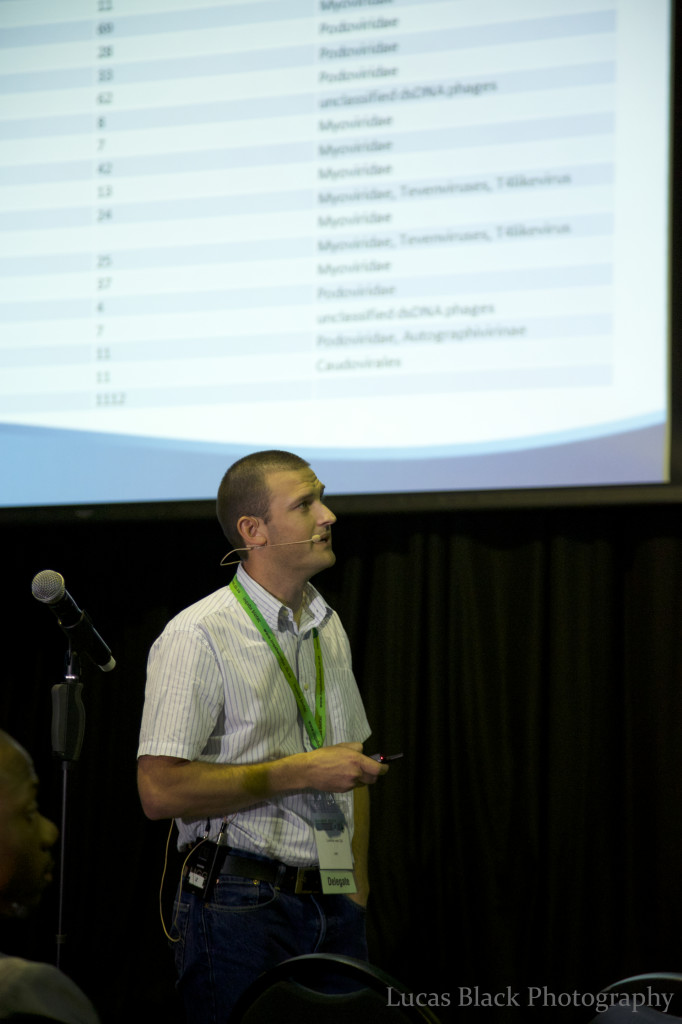
The plenary presentations provided interesting insights into current cutting edge research. Peter Lipke from Brooklyn College, New York, USA described the role of amyloids at the surface of yeast in adhesion and flocculation. Using Atomic Force Microscopy (AFM) they directly observed the interaction of amyloids with a cell surface. By describing how amyloids on the cell surface activates adhesion, the mechanism of the pathogen interacting with the host and biofilm formation becomes clearer. Micheal Goodin from the University of Kentucky observed directly how viruses interact with a plant host, and infect other plant cells despite the plants thick cell walls. A virus is able to use the microtubule network of a cell as a highway of infection to transport themselves to the plasmodesmata situated at the cell walls which are connected to the adjacent cells. Doug Rawlings from Stellenbosch University discussed the South African technology that has been exported to the world for the extraction of minerals using bacteria. And finally the diversity and applications of magnetotactic bacteria was discussed by Nicolas Ginet and Christopher Lefevre from the French National Centre for Scientific Research.
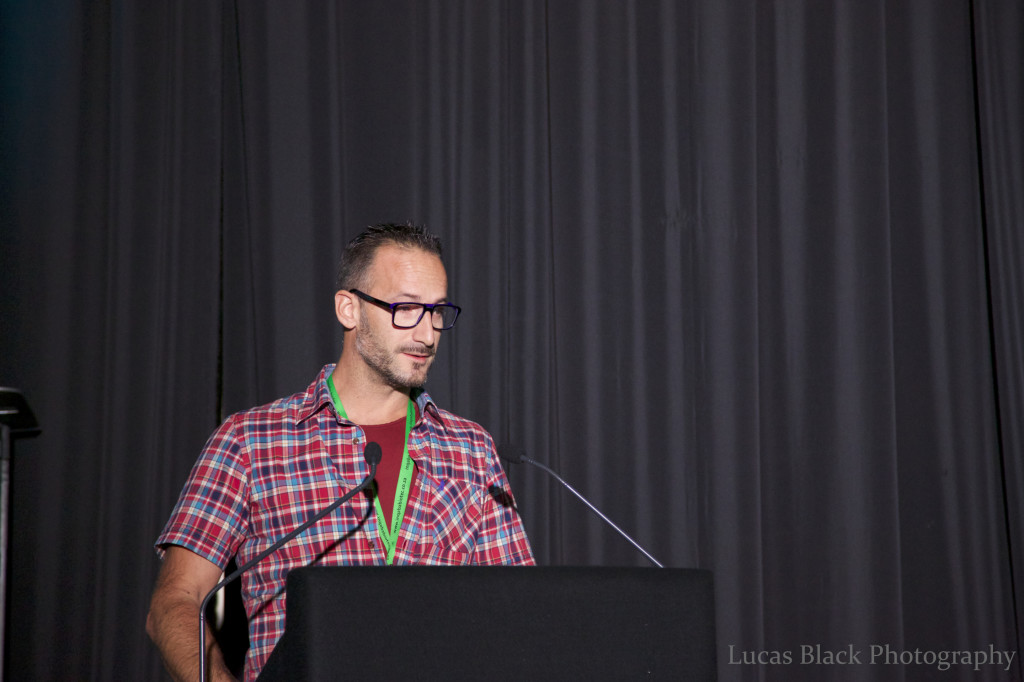
Nicolas and Christopher followed their presentations with an excellent workshop on the sampling and identification of magnetotactic bacteria, followed by a sampling expedition to the water bodies surrounding Bela Bela. Pictures and a description of the workshop can be found here.
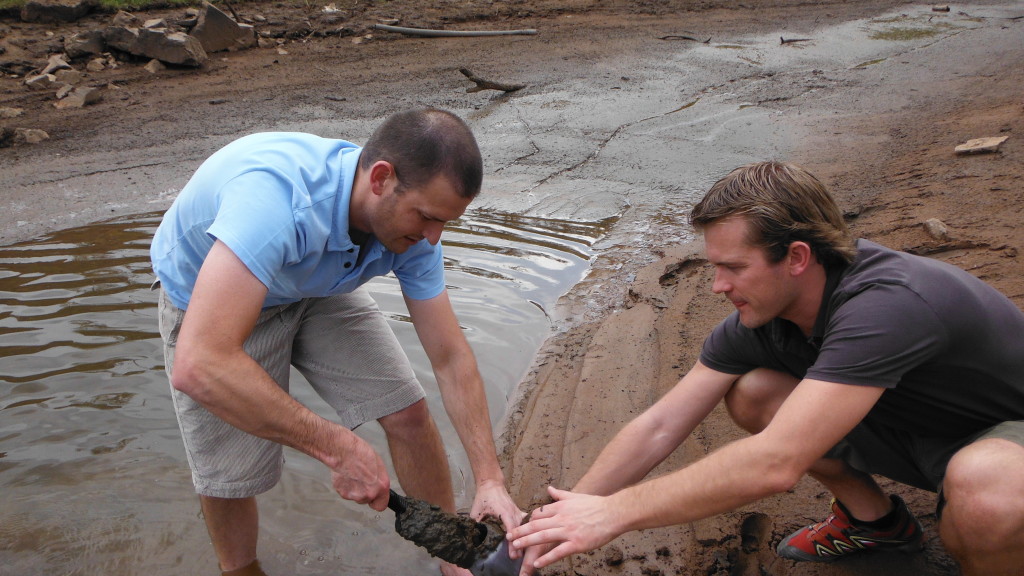 The conference was not all about work, with IMBM taking some time to enjoy the hot-springs and a beer or two. Pictures of the conference can be found here.
The conference was not all about work, with IMBM taking some time to enjoy the hot-springs and a beer or two. Pictures of the conference can be found here.
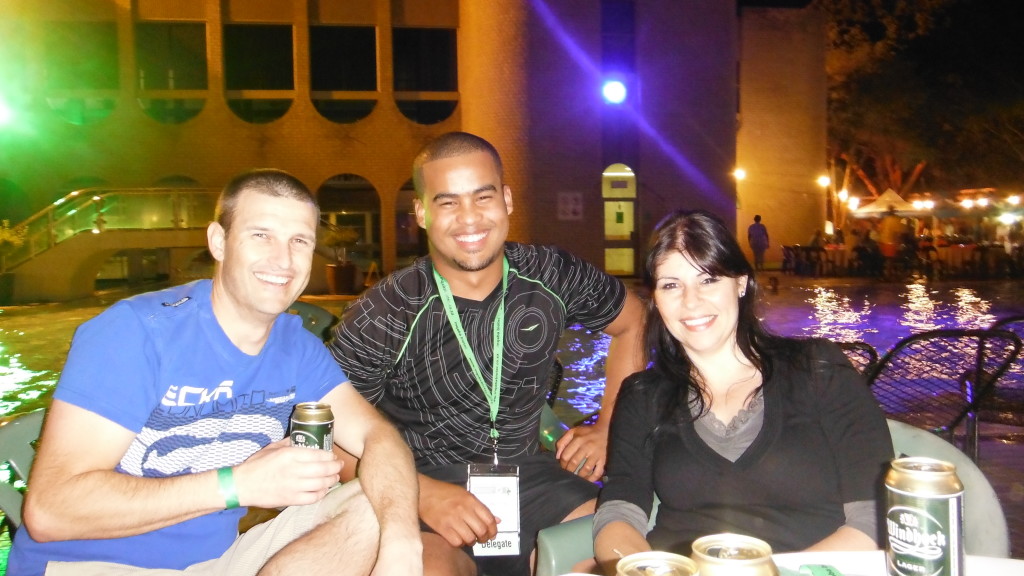
.
